The regional conference “Investment opportunities in renewable energy sources in the Western Balkans”, organized by the Norwegian embassies in Belgrade and Sarajevo, was held today in Belgrade.
The event was attended by President of Serbia Aleksandar Vučić, the special envoy of the Prime Minister of Norway Andreas Eriksen, the Prime Ministers of Albania, North Macedonia and Montenegro Edi Rama, Dimitar Kovačevski and Dritan Abazović, as well as the Chairman of the BiH Council of Ministers, Zoran Tegeltija.
President Aleksandar Vučić stated at the press conference that the leaders of the Western Balkan countries came to the conclusion that the regional market should be formed and that the countries should help each other in the matter of energy.
“We can help each other a lot and jointly secure the future,” said Vučić, while Eriksen said that it is necessary to provide safer sources of energy in this time of uncertainty, and that action must be taken immediately:
“The efforts that have been made will contribute to making the environment more resilient and more friendly to investors,” Eriksen pointed out and added that it is necessary to strengthen cross-border cooperation in order to make the systems stronger.
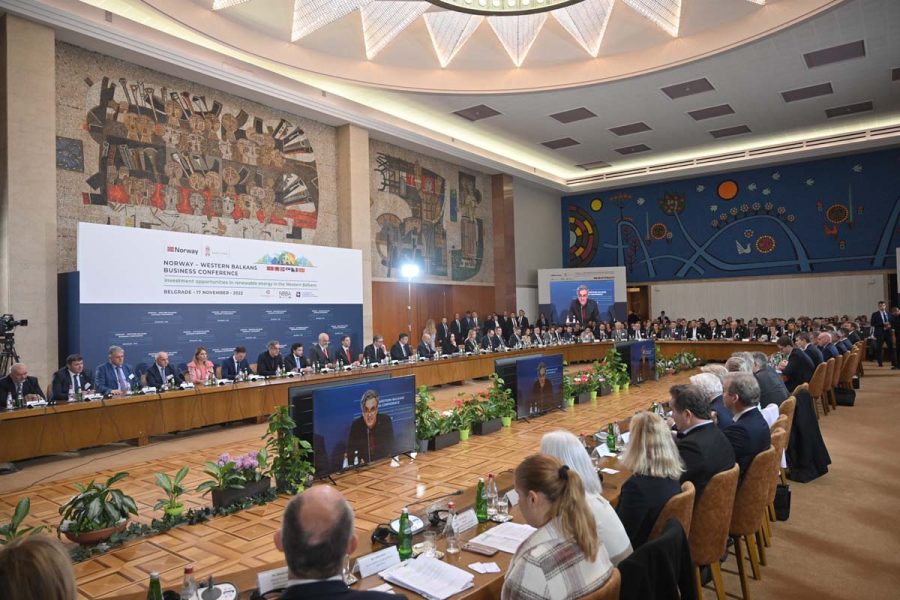
According to Albanian Prime Minister Rama, regionalization of WB markets is needed, and when it comes to energy, the Western Balkans must go beyond its borders.
“We are still small markets and what we need, if we deal with something only in an isolated way, it can be much more expensive. If we act from a regional point of view, we can have easier access to finance and stronger connections with the private sector,” said PM Rama.
The Prime Minister of Montenegro, Dritan Abazović, pointed out that the topic could not have been affected better, because not only the countries of the Western Balkans, but also the whole of Europe is affected by the energy crisis.
“The countries of the Western Balkans are especially open to Norway’s experiences when it comes to building capacity for renewable energy,” Abazović stated and added that in Montenegro there is an imbalance between spring and winter, when the country produces electricity, and the summer months, when it imports electricity.
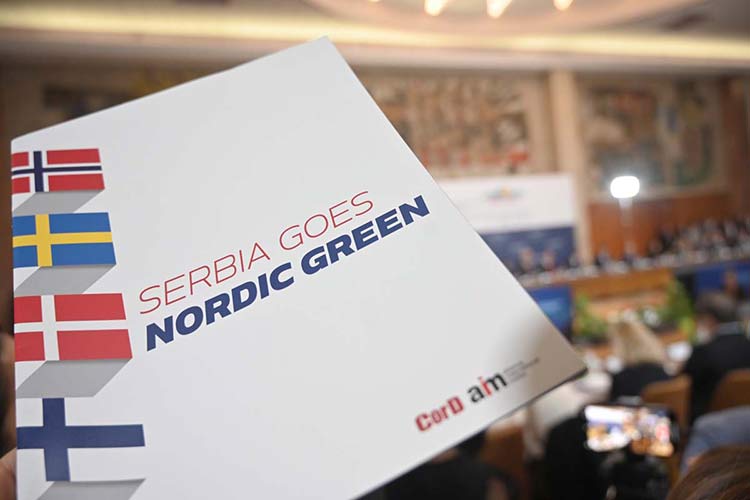
“This is a completely unacceptable concept for us, because most Montenegrin cities have more than 250 sunny days. Our ambition is to have a large, more active construction of solar and wind power plants, and to start with a liquefied gas storage in Bar, which will be able to be connected with a gas power plant”, said Abazović and pointed out that Montenegro wants to work together with the region and be a green producer to a greater extent:
“We have to pay more attention to how we can act jointly towards third markets and how to implement joint projects in this market”.
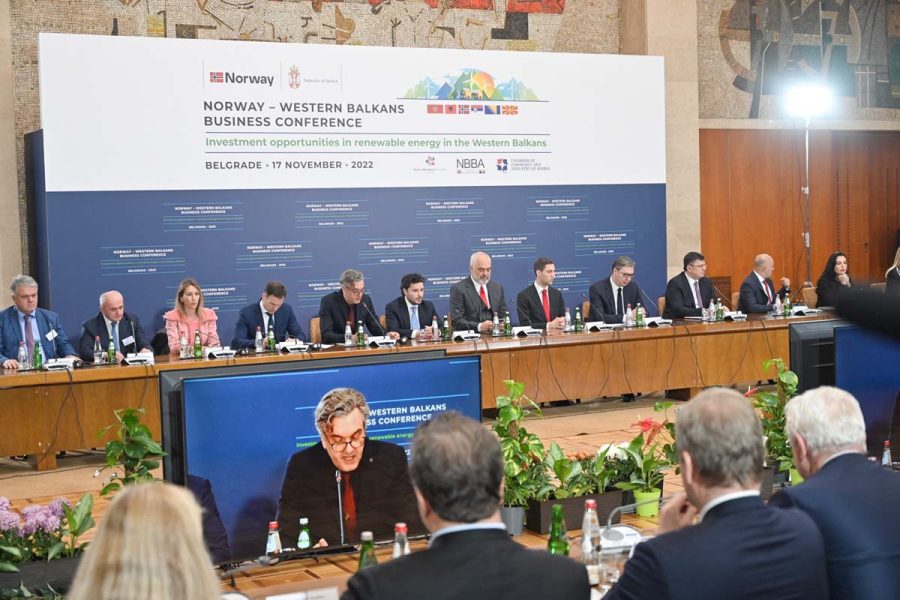
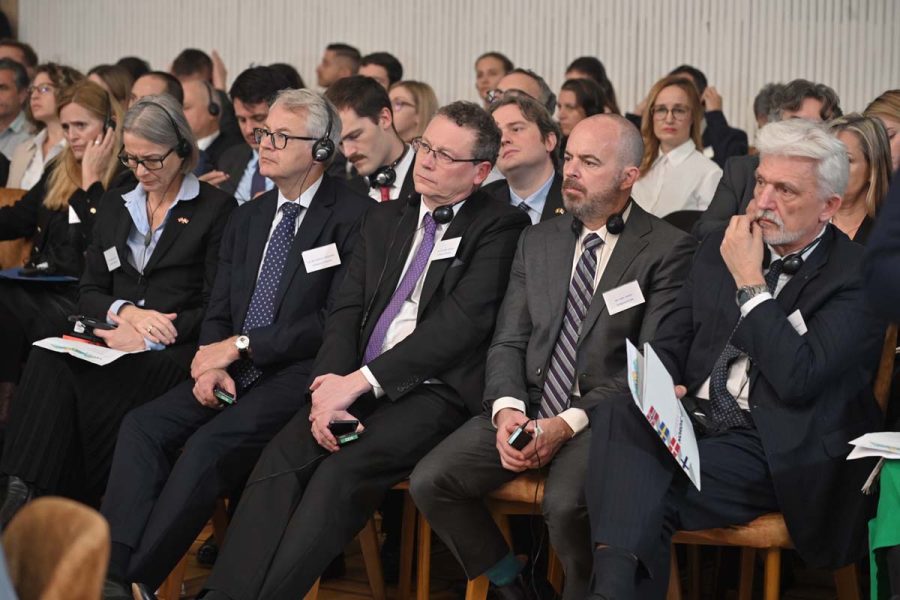
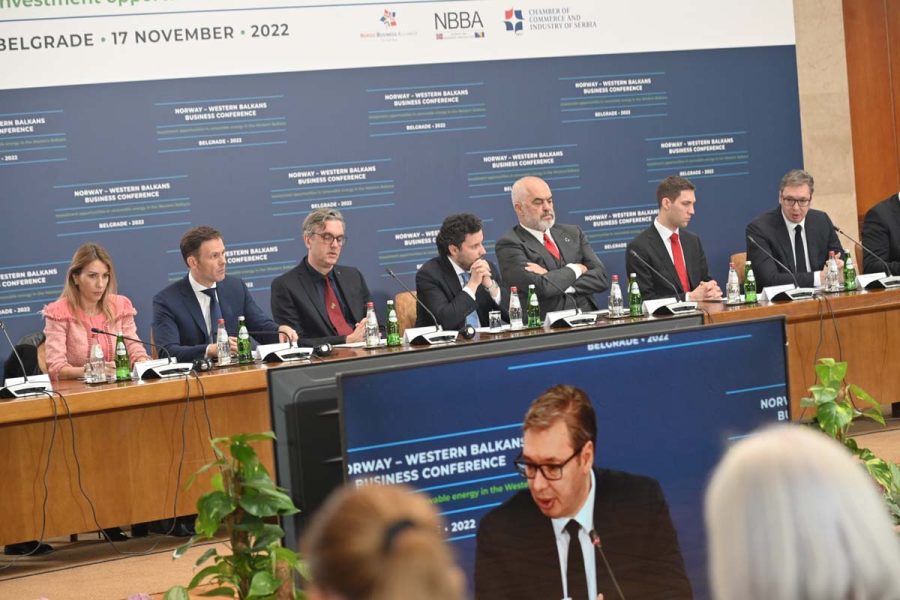
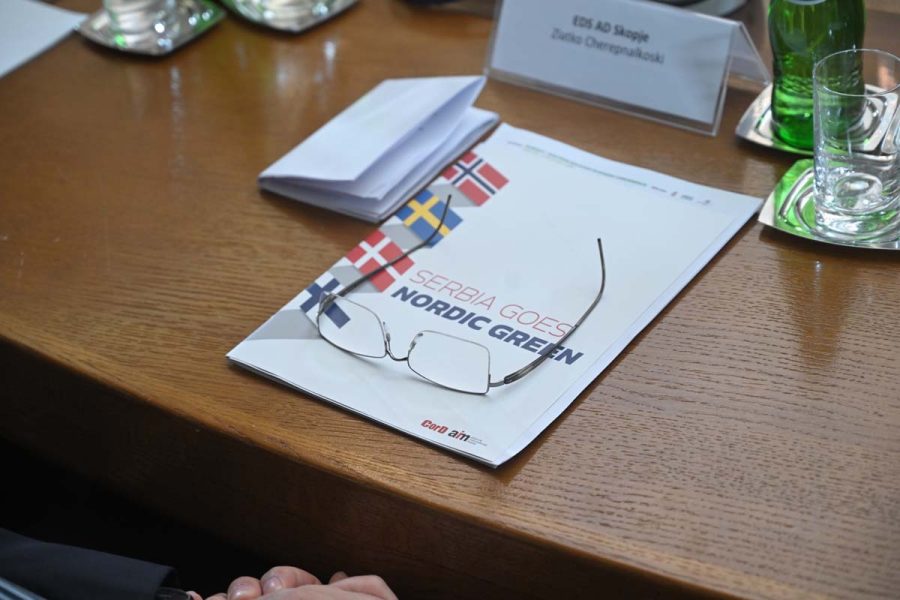
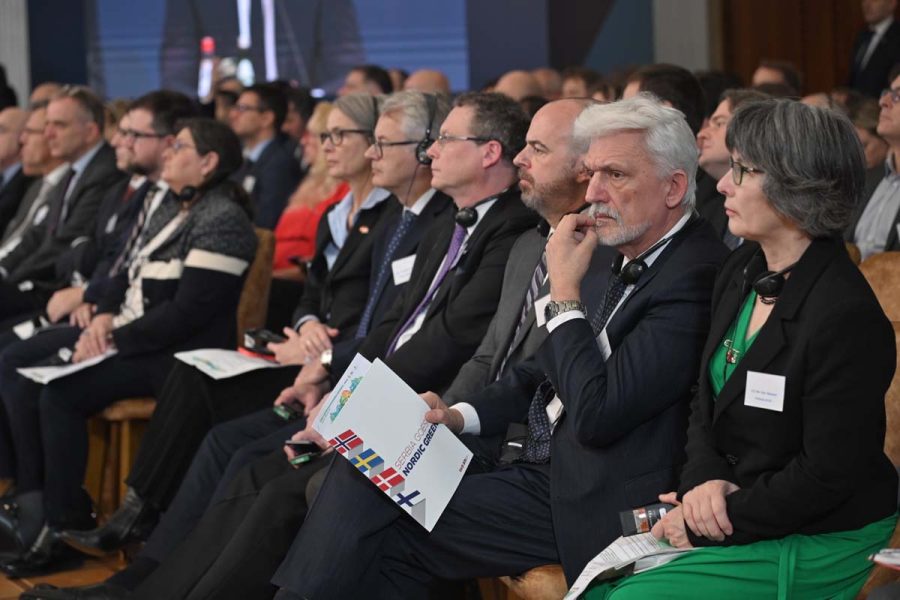

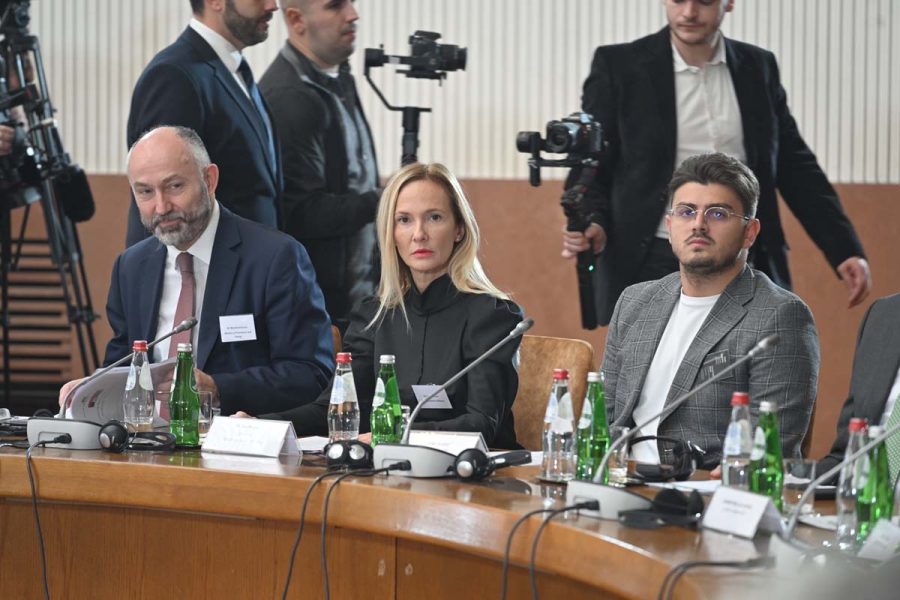
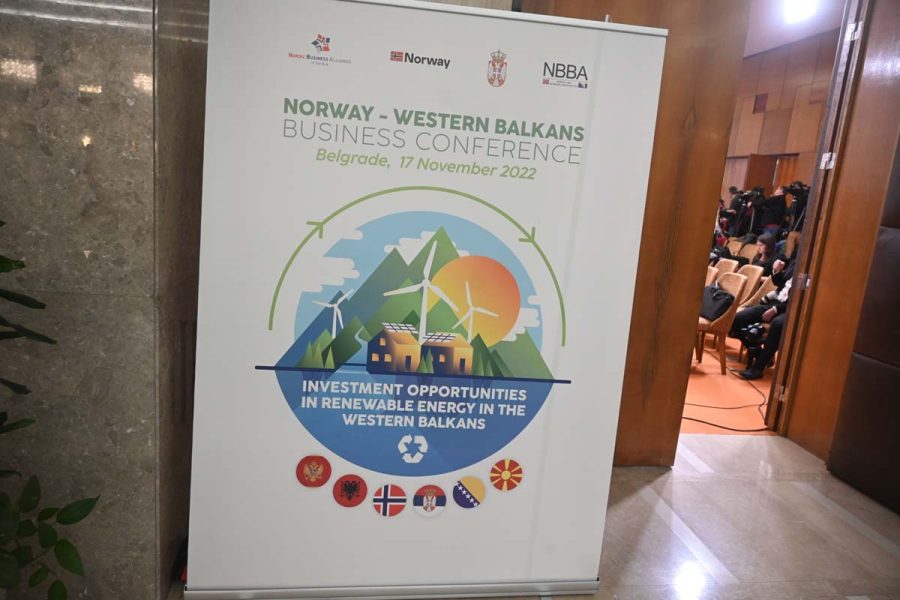
The Prime Minister of North Macedonia, Dimitar Kovačevski, said that this is an important conference for the entire region and an opportunity to use the opportunities of green energy in the countries of the Western Balkans, but also an opportunity to develop the region as a place for the creation of that green energy, and that the goal is for the region to be a center of energy potential.
“In the last two years, we have seen the creation of regional cooperation and good neighborly relations in the region. Cooperation is the only way to overcome the crisis and create a more stable energy environment. A difficult winter is ahead of us and I am quite sure that with solidarity and cooperation we will manage to overcome everything challenges”, Kovačevski concluded.
The Deputy Minister of Energy and Special Envoy of the Prime Minister of Norway Andreas Bjeland Eriksen, during a meeting with the Minister of Mining and Energy in the Government of the Republic of Serbia Dubravka Đedović, stated that Norwegian companies are interested in cooperation with Serbia in the field of renewable energy sources, adding that the Norwegians have rich experience in the application of advanced energy balancing technologies.
“The Nordic model of cooperation can serve as a good example for energy cooperation in the Western Balkans,” Eriksen said, reminding that Norway is an important partner of Europe at a time of severe energy crisis, and that it has increased gas exports in order to respond to the needs of European consumers.